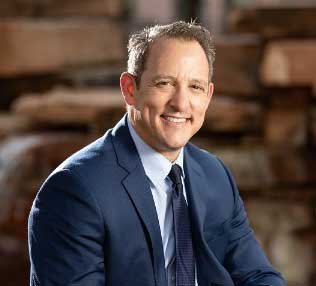One of the first things most people want to know about regenerative procedures is how safe it is for them.
Many people can’t believe that a procedure could offer so many benefits without excruciating invasive procedures. If you are in this category, this article will lay your fears to rest. It contains a detailed explanation of what regenerative procedures mean and the regulations, researches, and concerns about the cutting-edge medicine that is saving thousands from pain and inactivity.
What is Regenerative Medicine?
Regenerative medicine is a medical procedure that seeks to replace deformed or diseased tissues, organs, cartilage, tendons, and even the whole immune system using the body’s natural healing agents.
The human body is a complex network of not just organs and tissues but also hormones, proteins, and, most importantly, cells. These underappreciated components of the body facilitate the functions of our organs. For example, melatonin helps your sleep patterns, you also need the growth hormone to continue developing, and oxytocin, the love hormone, plays a huge part in how you connect to others. As a result of the significance of these substances, researchers looked into how they can help the healing process in different illnesses, and they discovered regenerative medicine.
Who can Benefit from Regenerative Medicine?
Athletes, older people, trauma victims, and patients with autoimmune, urological, and neurological conditions can all benefit from regenerative procedures.

People with injuries in the knees, neck, and back can benefit from the healing powers of stem cells, which doctors can manipulate to develop into the needed tissues. Platelet-rich plasma therapy is excellent for the treatment of ligaments, muscles, and tendons because platelet-rich plasma spurs the body to heal faster than normal.
Are Regenerative Procedures Approved for Medical Conditions?
Yes, after extensive research and clinical trials, the U.S. Food and Drug Administration has approved regenerative procedures for certain cancers, blood disorders, and immune system disorders. Medicare and insurance companies also cover the cost of stem cell treatment.
The procedures are safe and effective.
Researches about Regenerative Medicine
Every medical discovery starts with research and clinical trials. These procedures help determine if the procedure will be safe for humans.
Many scientists have conducted and published studies on regenerative medicine in renowned medical science journals. Many famous athletes, including Tiger Woods, Rafael Nadal, Gordie Howe, and Peyton Manning, to name a few, have also benefited from regenerative procedures.
Ethical Concerns about Regenerative Medicine
In the past, there were some criticisms of regenerative medicine because of the involvement of embryonic cells. R3 Stem Cell International regenerative procedures do not involve embryonic cells or any other dangerous and unethical practices. Everything we do is safe and effective.
R3’s Centers of Regenerative Medicine
R3’s regenerative medicine centers use growth factors, cytokines, platelet-rich plasma, exosomes, and stem cells to treat different health conditions that would otherwise require surgery or have no treatment at all. The procedures take place in our FDA-approved facilities.
You or a loved one can finally say goodbye to pain with our PRP treatment in Phoenix, AZ, and other facilities spread in over forty states in the United States.


Sorry, the comment form is closed at this time.